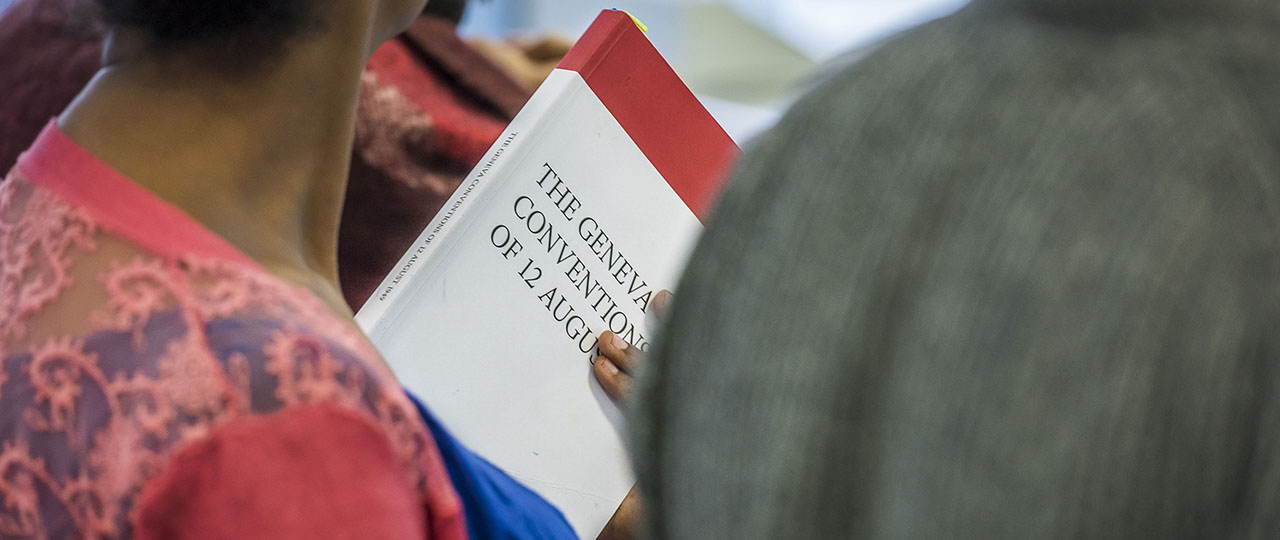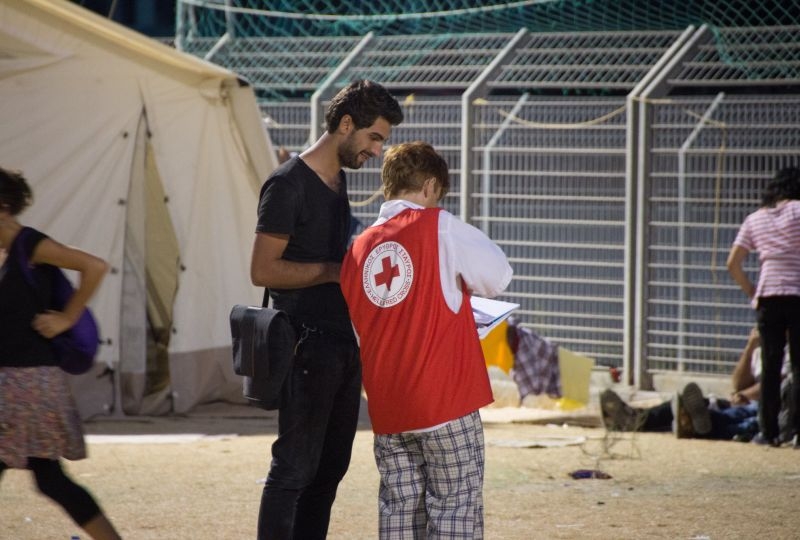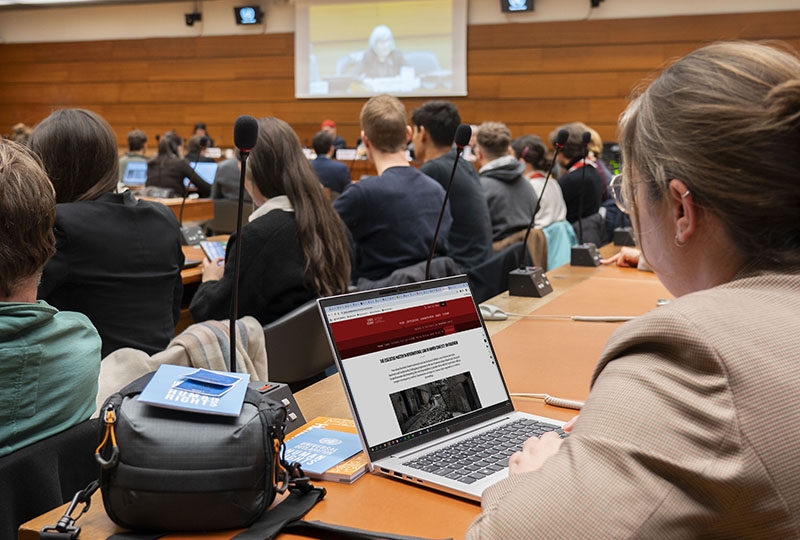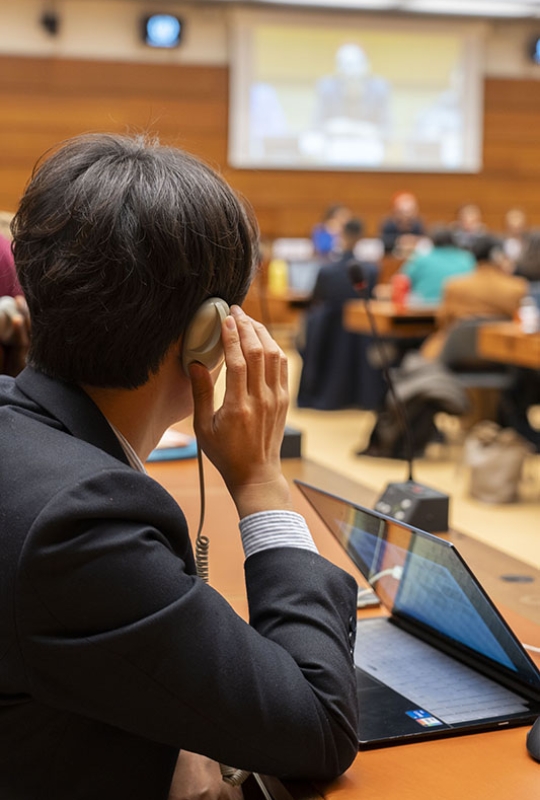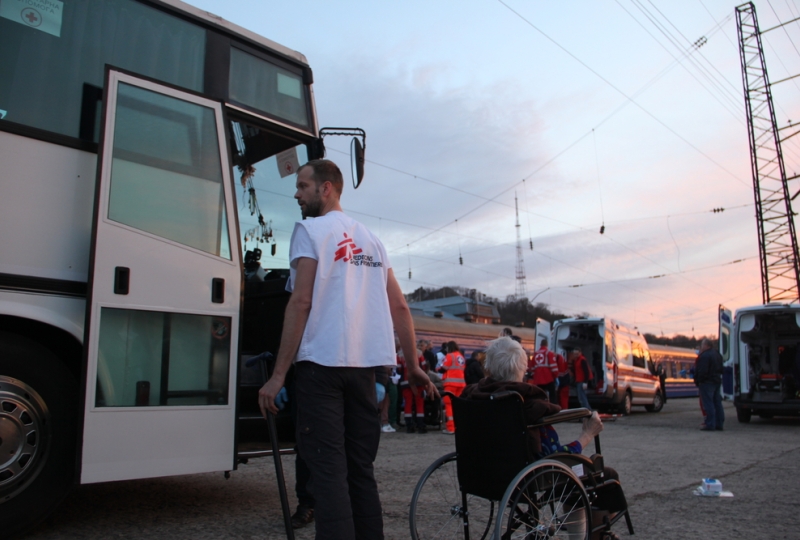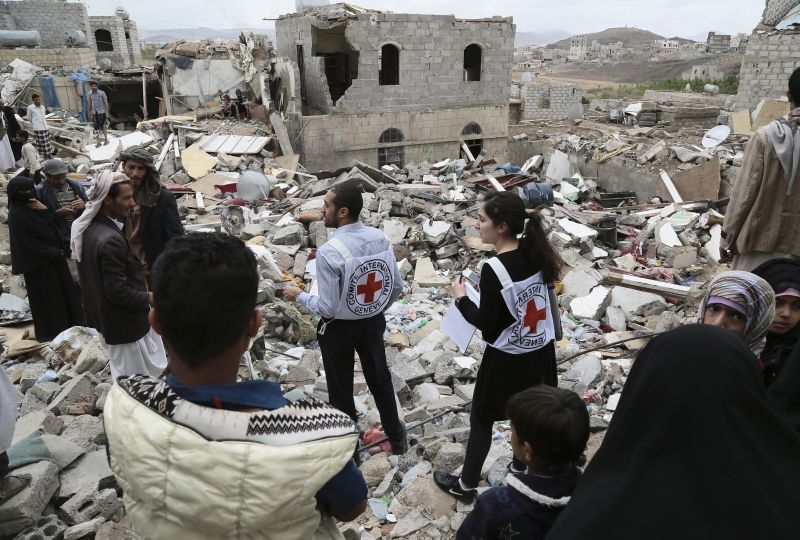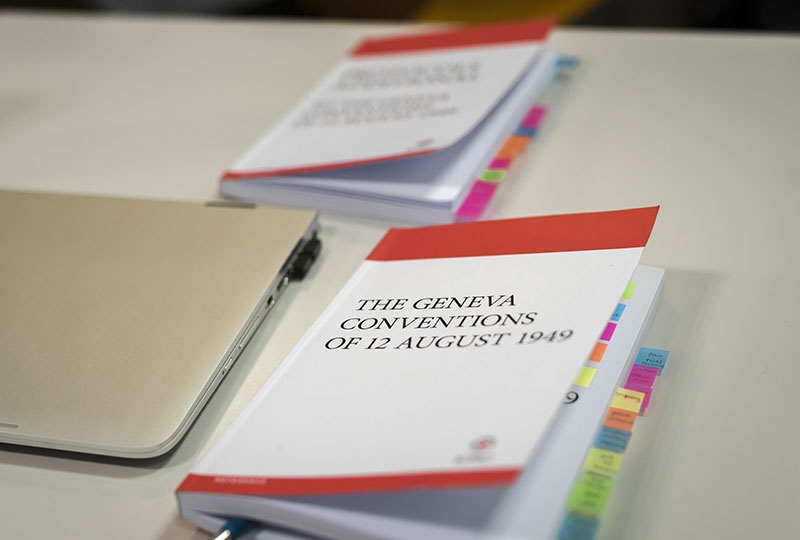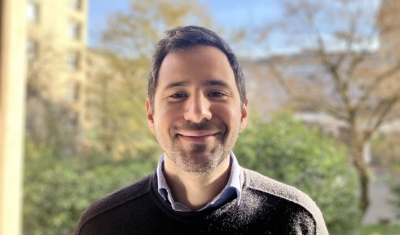Course Structure & Delivery
Courses are conducted online over nine months, with live sessions held at lunchtime (12:00-14:00 CET). If participants are unable to attend a session due to professional commitments (e.g., missions, travel, conferences), they can access the recorded lectures afterward.
A user-friendly online platform facilitates direct interaction with professors, fellow participants, and teaching assistants. It also provides access to course materials and readings, enables exam submissions, and allows participants to view their grades.
After completing the exams, participants must write a research paper under the guidance of a faculty member. The programme concludes with an official graduation ceremony held in person in Geneva. Alternatively, participants can attend the ceremony online and receive their diploma by post.
Learn more about the programme.


